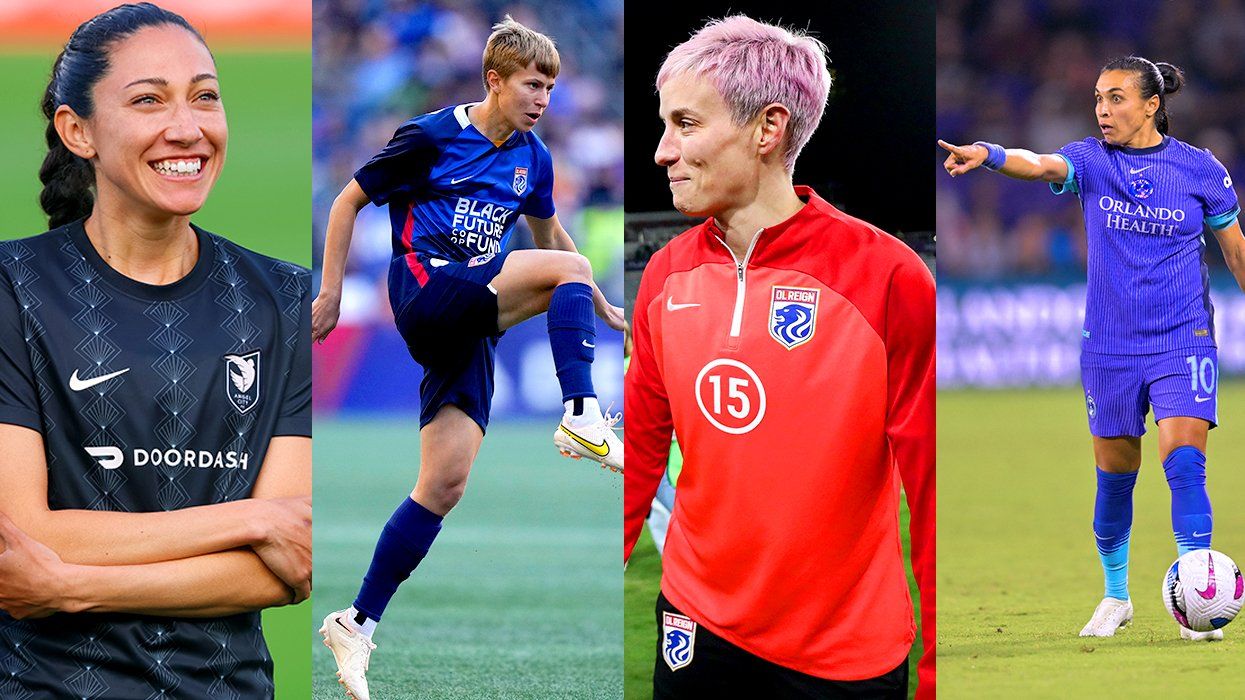SheWired has been proud to bring you our series Out on Campus, in which we have featured diverse perspectives from college and university campuses internationally. As it is June and most institutions of higher learning have packed up the books and laptops for the next few months the series will be on hiatus until the fall. If you are interested in writing for Out on Campus when we pick back up please contact tracy.gilchrist@regentmedia.com and she will refer you to SheWired staffer Shannon Connolly, who has spearheaded the project. Below is our final Out on Campus for the season.
Soraya Watkins, a Point Foundation Scholar, shares with us her college experience in this week's installment of "Out on Campus." According to its website, the Point Foundation "provides financial support, mentoring, leadership training and hope to meritorious students who are marginalized due to sexual orientation, gender identity or gender expression."
Located in the conservative south, it is not a shock that Spelman College is not the most socially liberal institution. Spelman is unique among collegiate institutions in that the school seeks to empower Black women because they recognize that we have a rather unique social positioning that can reflect some of the most underprivileged circumstances in the United States. Many people are aware of the oppressions that challenge collegiate youth today, however, those same people often seem blind to the simultaneity of those oppressions as they encumber and disadvantage Black women. Therefore, saying that I am an out gay student is not sufficient. I am an out gay Black woman located in the historically conservative south battling indivisible oppressions that total much more than homophobia.
I gained valuable insight from a single, minor experience that showed me what my experiences would be like as an out lesbian at school. I was walking to the bathroom and passed a group of girls huddled in the hallway who were talking loudly and excitably. It was no surprise that the conversation pertained to sex. As I walked past, the leader of the huddle pointed me out and demanded, "What about out you? Are you a "v"?" A "v" I thought for a second, must be a new name for virgin. I responded no, but quickly informed them to not be confused, I am a lesbian. They reacted with shouts and gasps. I quietly left the scene. From there, I encountered heavy ignorance, presumptions, stereotypes, and even condemnation pertaining to my sexual preference. My social environment was, on the whole, not accepting of my sexuality. I wanted to transfer to a northern institution as soon as possible.
One day, while checking my Facebook, I ran across information about a gay and lesbian organization on campus. It was called Afrekete. This was my first, last, and only hope. I attended Afrekete's first meeting of that semester, fell in love with organization, and discovered my passion for LGBTQ civil rights. One year later I become the co-president of Afrekete with hopes of changing the social climate and cultivate a space in which all can express themselves freely. The journey, however, has not been easy due to the clear resistance to gay liberation on campus.
more on next page...
\\\
A disturbing situation, during which I encountered blatant homophobia, occurred the first semester of my sophomore year. After leaving one club meeting to go to an Afrekete meeting, the sponsor of the club who is also a Spelman professor asked why I was leaving so soon. I explained to him that I had to go to an Afrekete meeting was. He was not familiar with Afrekete and asked that I explain its intent. After detailing Afrekete's purpose, he chose to inquire about my own sexual orientation by asking, "Are you one of them?" I responded, "Yes, I am a lesbian if that's your inquiry." From there we had a 30-minute debate about my sexuality. He told me that, according to the Bible (as he is a Christian), homosexuality is wrong. By the end of the conversation, he told me that he would pray that God fixes my problem and that I would become the woman God destined me to be.
Despite the homophobic nature of the campus, there have been progressive moves made by progressive student organizations like Afrekete and the Feminist Majority Leadership Alliance (FMLA). Also, the Women's Resource and Research Center (Women's Center) of Spelman has contributed to the cultivation of a space that is more accepting of diverse sexual identities. To accomplish this, the Women's Center provides a space for the progressive student organizations, ensures the survival of women's centered classes, invites progressive speakers, and holds events in praise of progressive Black women like Audre Lorde and Toni Cade Bambara. With the support of the Women's Center Afrekete has been able to hold events on significant dates, such as National Coming Out Day, that help foster acceptance within the LGBTQ community. It has also provided a space in which students can validate their whole selves despite defiance to the collegiate, hegemonic status quo. I learned that during this event, there was apparent resistance as parents and students contacted Spelman's student activities office in opposition to our cause. We were supported by Student Activities and encouraged to continue our events.
In essence, although Spelman is generally homophobic in social nature and history, it is definitely making progress. For the first time this past semester, we had our first queer studies course centered on Black sexuality. With the commitment of student organizations like Afrekete and FMLA there is no doubt that Spelman's climate around the LGBTQ community will eventually be one of total acceptance.
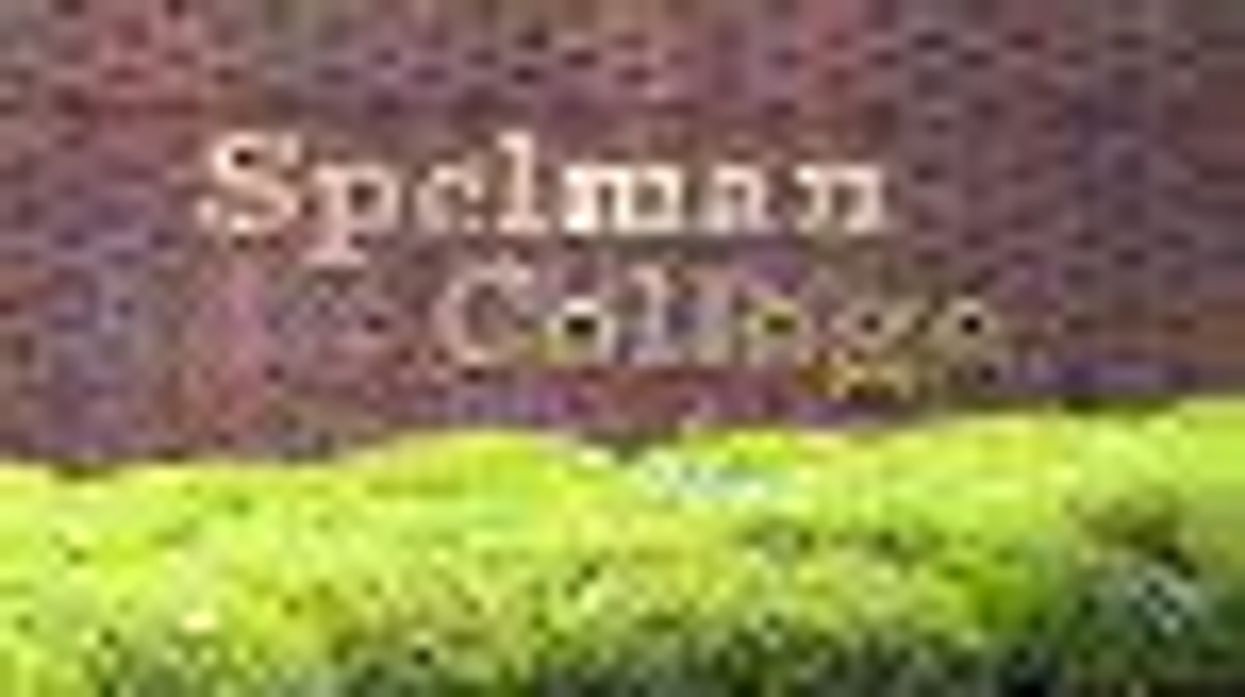












































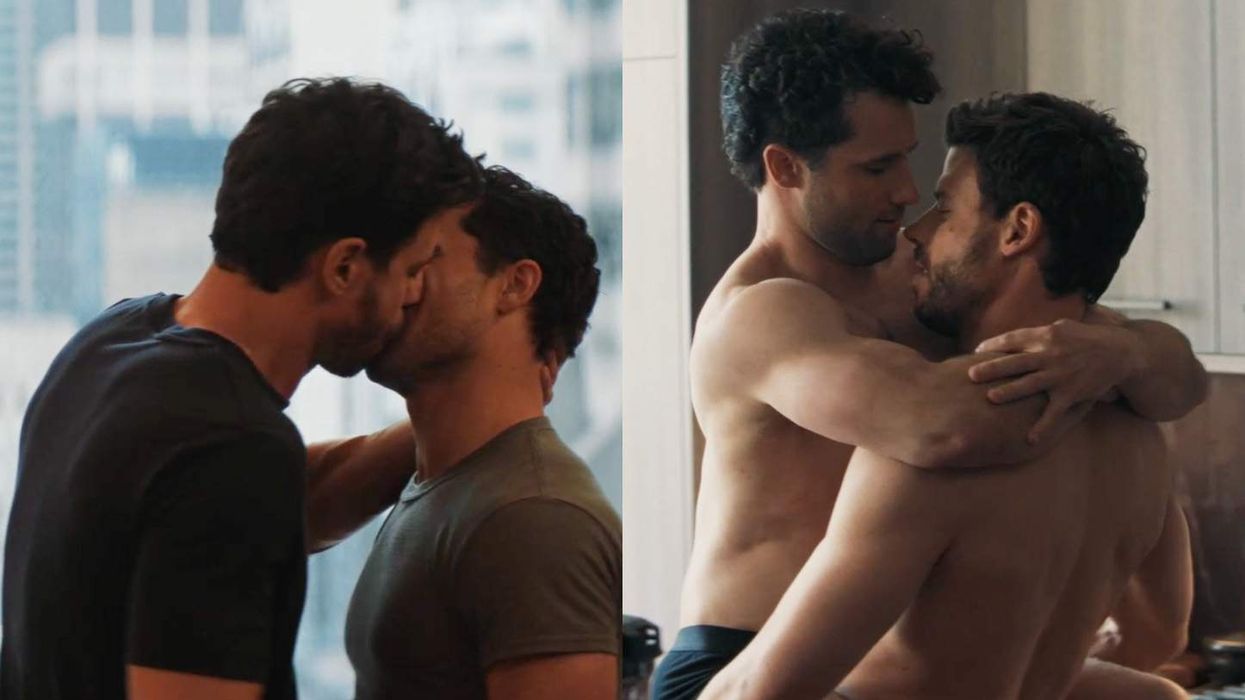


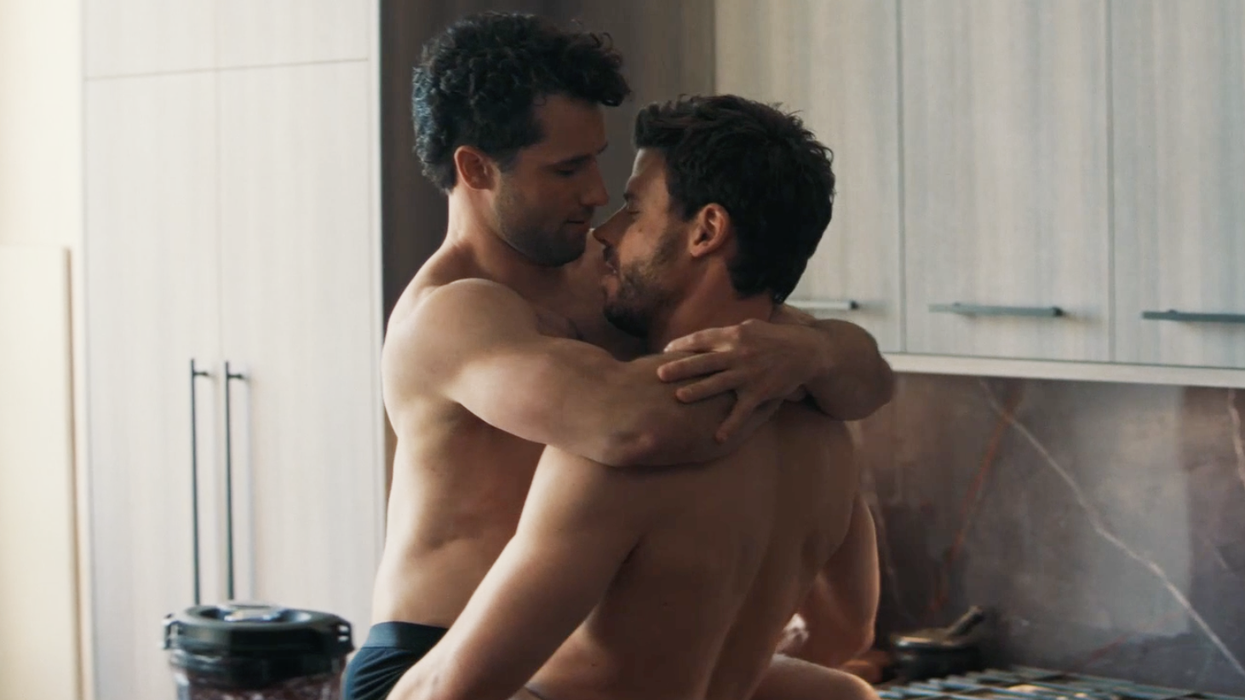
































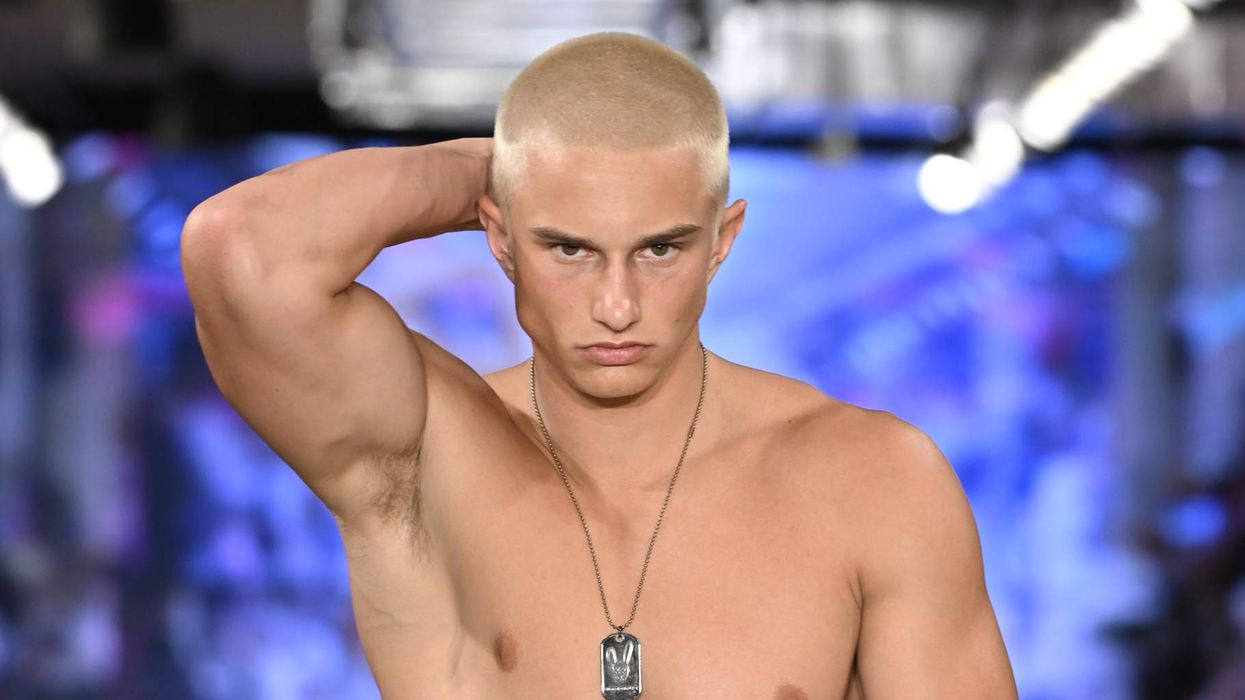




 Cindy Ord/Getty Images
Cindy Ord/Getty Images
























